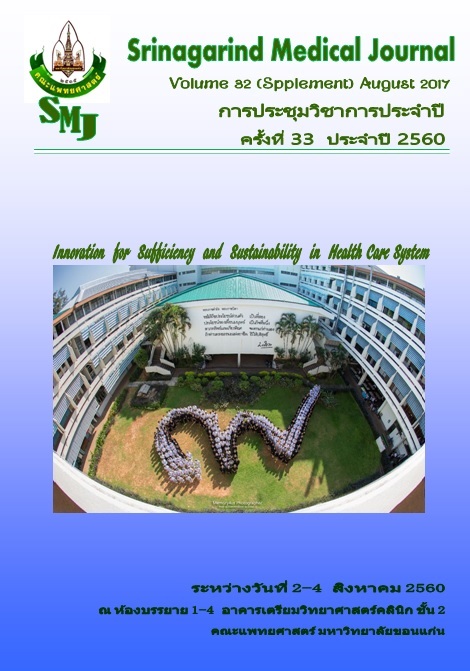Whole Grain Essential Oil Attenuates the Progression of Hypertension in L-NAME-induced Hypertensive Rats
Keywords:
Hypertension, Whole grain essential oil, L-NAMEAbstract
Background and objective: Hypertension is a major risk factor for cardiovascular disease (CVD). Consumption of dietary antioxidants appears to decrease blood pressure, preserve endothelial function and reduce risk for CVD. Whole grain essential oil (WEO) possesses strong antioxidant activities and has been reported to reduce the CVD risk. A rat model of hypertension induced by N????-nitro-L-arginine methyl ester (L-NAME), a nitric oxide synthase (NOS) inhibitor, is wildly used to study hypertension. Therefore, the present study aimed to examine whether WEO could reduce blood pressure and oxidative stress in L-NAME-induced hypertensive rats.
Methods: Hypertension was induced in male Sprague-Dawley rats by administration of L-NAME (50 mg/kg/day) in their drinking water for 3 weeks. WEO at doses of 1 and 2 ml/kg/day were intragastrically administered during L-NAME administration. Rats received tap water and administered with deionized water were served as normotensive controls.
Results: A significant change in hemodynamic status, including increased arterial blood pressure, increased hindlimb vascular resistance and decreased hindlimb blood flow was found in L-NAME-treated rats when compared with normotensive controls (p<0.05). Vascular responses to acetylcholine and phenylephrine were also altered inL-NAME hypertensive rats (p<0.05). WEO supplementation significantly attenuated the hemodynamic changes and restored vascular responsiveness in L-NAME hypertensive rats (p<0.05). The anti-hypertensive effect of WEO was associated with a reduction in oxidative stress markers and restoration of nitric oxide bioavailability (p<0.05).
Conclusions: WEO supplementation can preserve endothelial function and protect against developing of high blood pressure. These effects may be attributable to its anti-oxidant activities. Results of this study indicate that WEO may be used in dietary applications with a potential to attenuate oxidative stress and reduce cardiovascular risk factors like hypertension.
Acknowledgements: Grants from Faculty of Medicine, Khon Kaen University and The Thailand research fund




